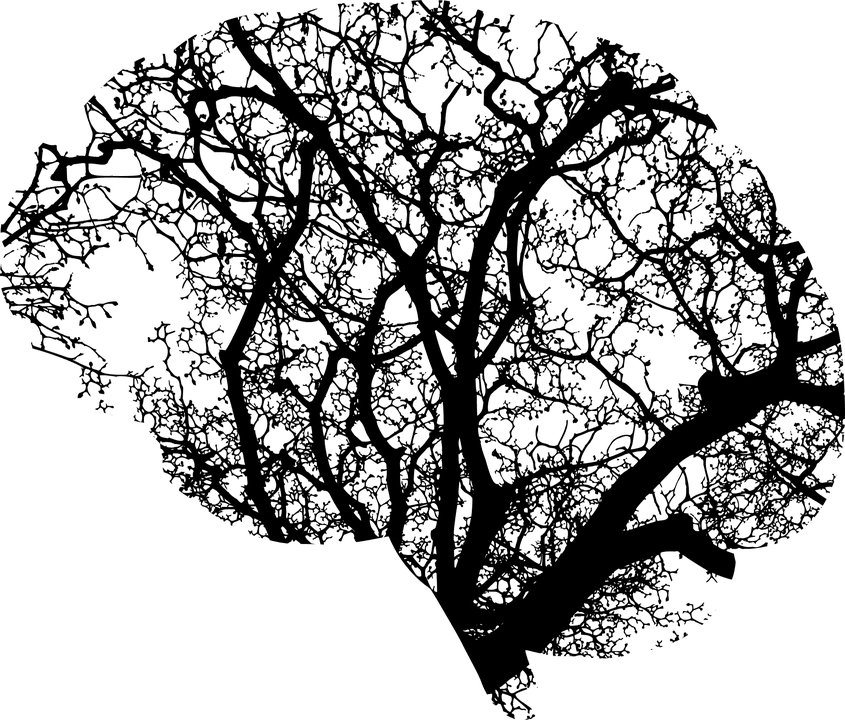Unlocking the Power of Mental Health: Strategies for a Balanced Mind and Life

Unlocking the Power of Mental Health: Strategies for a Balanced Mind and Life
In today’s fast-paced world, mental health has garnered significant attention, emerging as a crucial component of overall well-being. It isn’t just about the absence of mental disorders; it’s about maintaining and nurturing a balanced mind. This balance empowers individuals to achieve a fulfilling and productive life. This article will explore strategies to unlock the power of mental health and foster a harmonious equilibrium in both mind and life.
Understanding Mental Health
Mental health includes our emotional, psychological, and social well-being. It affects how we think, feel, act, make choices, and relate to others. From childhood and adolescence through adulthood, mental health matters at every stage of life. Understanding mental health provides a foundation upon which we can build strategies to maintain and improve it.
1. Awareness and Education:
Knowledge is power. Increasing one’s awareness of mental health conditions and the factors that influence mental well-being is a critical first step. Education can reduce stigma, encourage empathy, and foster environments that support mental health.
- Recognizing Symptoms: Learn about signs and symptoms of mental health issues such as depression, anxiety, and stress. Early detection can lead to early intervention.
- Understanding Influences: Identify factors that affect mental health like genetics, environment, lifestyle, and traumatic life events.
Building a Balanced Mind
People often focus on physical health without taking into account that mental health is equally important. Here are strategies aimed at nurturing a balanced mind.
1. Mindfulness and Meditation:
Mindfulness is the practice of being fully present in the moment, observing thoughts and feelings without judgment. Meditation, a common method for practicing mindfulness, has numerous mental health benefits.
- Benefits: Regular meditation can reduce stress, improve concentration, enhance self-awareness, and foster emotional health.
- How to Practice: Begin with short sessions of 5 to 10 minutes. Focus on your breath and gently bring your mind back whenever you notice it wandering.
2. Develop Emotional Intelligence:
Emotional intelligence (EI) is the ability to understand and manage your emotions as well as recognize and influence the emotions of others.
- Components: EI includes self-awareness, self-regulation, motivation, empathy, and social skills.
- Improving EI: Practice self-reflection, embrace self-regulation, engage in active listening, and respond rather than react to emotional situations.
3. Cognitive-Behavioral Strategies:
Cognitive-behavioral strategies involve identifying and changing thought patterns that negatively influence behavior and emotions.
- Cognitive Restructuring: Challenge and modify unhelpful thoughts, replacing them with more realistic or positive ones.
- Behavioral Activation: Engage in activities that increase feelings of pleasure or accomplishment.
Fostering a Balanced Life
A balanced life is one where we appropriately prioritize the physical, mental, and emotional facets of our lives. Here are some strategies:
1. Establish Healthy Boundaries:
Setting boundaries is crucial to maintaining mental health and ensuring relationships are mutually respectful, supportive, and caring.
- Types of Boundaries: Physical, emotional, time, and material boundaries.
- Implementing Boundaries: Be assertive, use clear communication, and practice saying no without guilt.
2. Connecting with Others:
Human beings are wired for connection. As social creatures, our relationships have a significant effect on our mental well-being.
- Build a Support Network: Invest in positive relationships and maintain regular contact with family and friends.
- Community Engagement: Join groups or activities that interest you; a sense of belonging can significantly boost mental health.
3. Balance Work and Life:
Achieving a healthy work-life balance reduces stress and prevents burnout, thus contributing to better mental health.
- Prioritize Personal Time: Ensure you take time out for activities you enjoy away from work.
- Work Smarter, Not Harder: Set realistic goals, delegate tasks, and make use of tools or technologies that increase productivity without increasing stress.
Adopting a Healthy Lifestyle
Physical health is deeply intertwined with mental health. Here are lifestyle habits that support both:
1. Physical Activity:
Regular exercise is a powerful tool for promoting mental well-being.
- Mental Health Benefits: Physical activity releases endorphins, thus reducing stress, anxiety, and depression. It improves mood and boosts overall mental resilience.
- Exercise Options: Aim for a mix of cardiovascular, strength, and flexibility exercises. Find activities you enjoy to maintain consistency.
2. Nutrition:
A balanced diet fuels the mind and body, impacting mood and energy levels.
- Nutrients for the Brain: Omega-3 fatty acids, antioxidants, vitamins, and minerals can enhance mood and cognitive function.
- Eating Habits: Eat regular, well-balanced meals and be mindful of your intake of caffeine, sugar, and alcohol.
3. Sleep Hygiene:
Sleep is vital for mental and physical health. Poor sleep patterns can contribute to poor mental health.
- Improving Sleep: Set a regular sleep schedule, create a restful sleep environment, and avoid screens before bedtime.
- Sleep Quality: Focus on the quality of your sleep through relaxation techniques like reading or listening to soothing music before bed.
Professional Support
Recognizing when you need professional help is a sign of strength. Therapists, counselors, and mental health professionals can provide tools and strategies tailored to your needs.
1. Counseling and Therapy:
Different types of therapy can benefit various mental health needs.
- Talk Therapy: Provides a space to discuss emotions and challenges with a professional.
- Cognitive Behavioral Therapy (CBT): Focuses on changing negative thought patterns.
2. Medication:
In some cases, medication may be necessary to manage mental health conditions effectively.
- Prescription and Monitoring: Always work closely with healthcare professionals to determine the best prescription for your needs.
Conclusion
Unlocking the power of mental health involves embracing a multifaceted approach centered on education, mindfulness, emotional intelligence, and lifestyle changes. Through these strategies, individuals can reclaim balance in their minds and lives, paving the way for increased well-being, productivity, and fulfillment. Remember, mental health is a journey, not a destination. Every step you take, no matter how small, is a move towards a balanced and healthier you.




